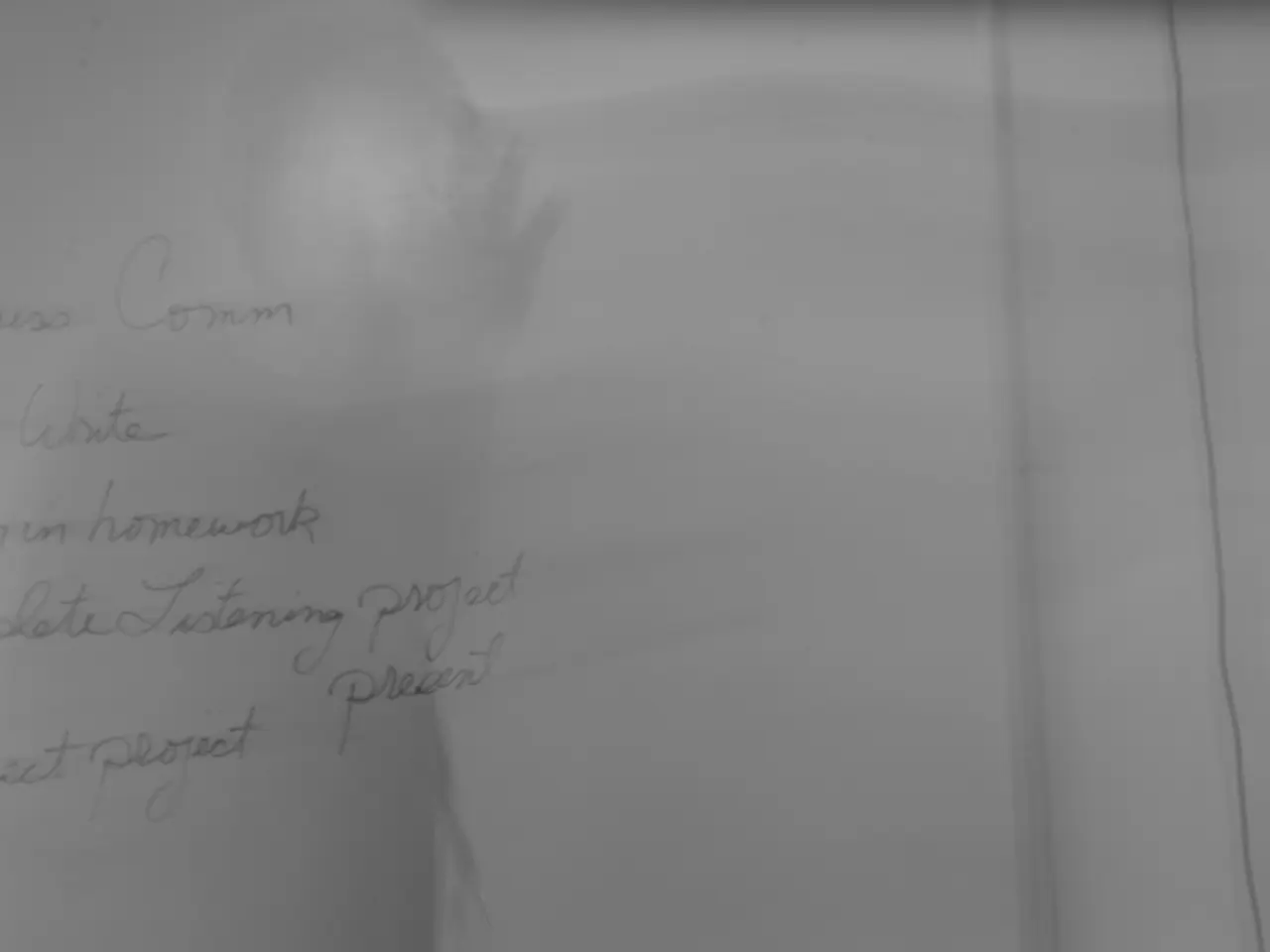High Court Ruling in England Ends the 'Shareholder Rule' Debate in Legal Privilege, Similarly Upheld by the Privy Council
English Law Abolishes the Shareholder Rule: A Major Shift in Corporate Litigation
The Shareholder Rule, a long-standing principle in English law that granted shareholders automatic access to privileged legal advice obtained by a company, has been abolished by the Judicial Committee of the Privy Council (JCPC) in the case of Jardine Strategic Limited v Oasis Investments II Master Fund Ltd [2025] UKPC 34.
The JCPC, the final court of appeal for the UK overseas territories and some commonwealth countries, found the Shareholder Rule to be "a rule without justification" and confirmed that companies now enjoy legal professional privilege against their shareholders. This means that shareholders can no longer rely on this automatic right in English courts.
In the landmark decision, the Privy Council issued a Willers v Joyce direction, making the decision binding precedent within the jurisdiction of England and Wales. This direction aligns with the earlier decision in Aabar Investments v Glencore (2024), which had already cast doubt on the existence of the Shareholder Rule.
Key implications of the ruling include:
- Companies can now assert privilege over legal advice even against shareholder claimants in litigation.
- The historical assumption of a shared legal interest between company and shareholders in relation to legal advice is rejected.
- Legal professional privilege remains a bright-line rule, not diluted by shareholder status.
- This ruling brings certainty and clarity to privilege issues in company-shareholder disputes.
The decision in Aabar Holdings SARL v Glencore PLC & Ors [2024] significantly reduced the scope of documents that shareholders could seek from companies in litigation. The appeal of this decision was set to be heard by the Court of Appeal by 26 January 2026. However, the UK Supreme Court declined a leap-frog on the basis that the same issue was about to be resolved either way by the Privy Council.
The Privy Council's judgment in Jardine Strategic Holdings Ltd and another v Oasis Investments II Master Fund Ltd and 80 others No 2 [2025] was handed down in late July 2025, providing the final nail in the coffin of the Shareholder Rule. The ruling makes it more difficult for determined litigants to cast doubt on the confidentiality of a company's legal advice, offering a significant boost to corporate governance and legal certainty in England and Wales.
[1] [2] [3] [4] [5] Sources: The Privy Council's judgment in Jardine Strategic Holdings Ltd and another v Oasis Investments II Master Fund Ltd and 80 others No 2 [2025] UKPC 34; The Judicial Committee's ruling in Aabar Holdings SARL v Glencore PLC & Ors [2024]; The High Court ruling in Aabar Holdings SARL v Glencore PLC & Ors [2024]; The Judicial Committee's decision in Jardine Strategic Holdings Ltd and another v Oasis Investments II Master Fund Ltd and 80 others No 2 [2025]; The Judicial Committee's rejection of the argument that the company-shareholder relationship could be said to attract joint interest privilege in Jardine Strategic Holdings Ltd and another v Oasis Investments II Master Fund Ltd and 80 others No 2 [2025].
In the context of English Law, the abolishment of the Shareholder Rule is expected to have significant implications for finance and business, as companies can now legally withhold privileged legal advice from shareholders in disputes, enhancing corporate governance and providing clarity in privilege issues. This development, influenced by the Judicial Committee of the Privy Council's decisions in cases such as Jardine Strategic Holdings Ltd v Oasis Investments II Master Fund Ltd [2025] UKPC 34 and Aabar Investments v Glencore (2024), signifies a shift in dispute resolution, potentially influencing future legal strategies in financial and business ventures.




